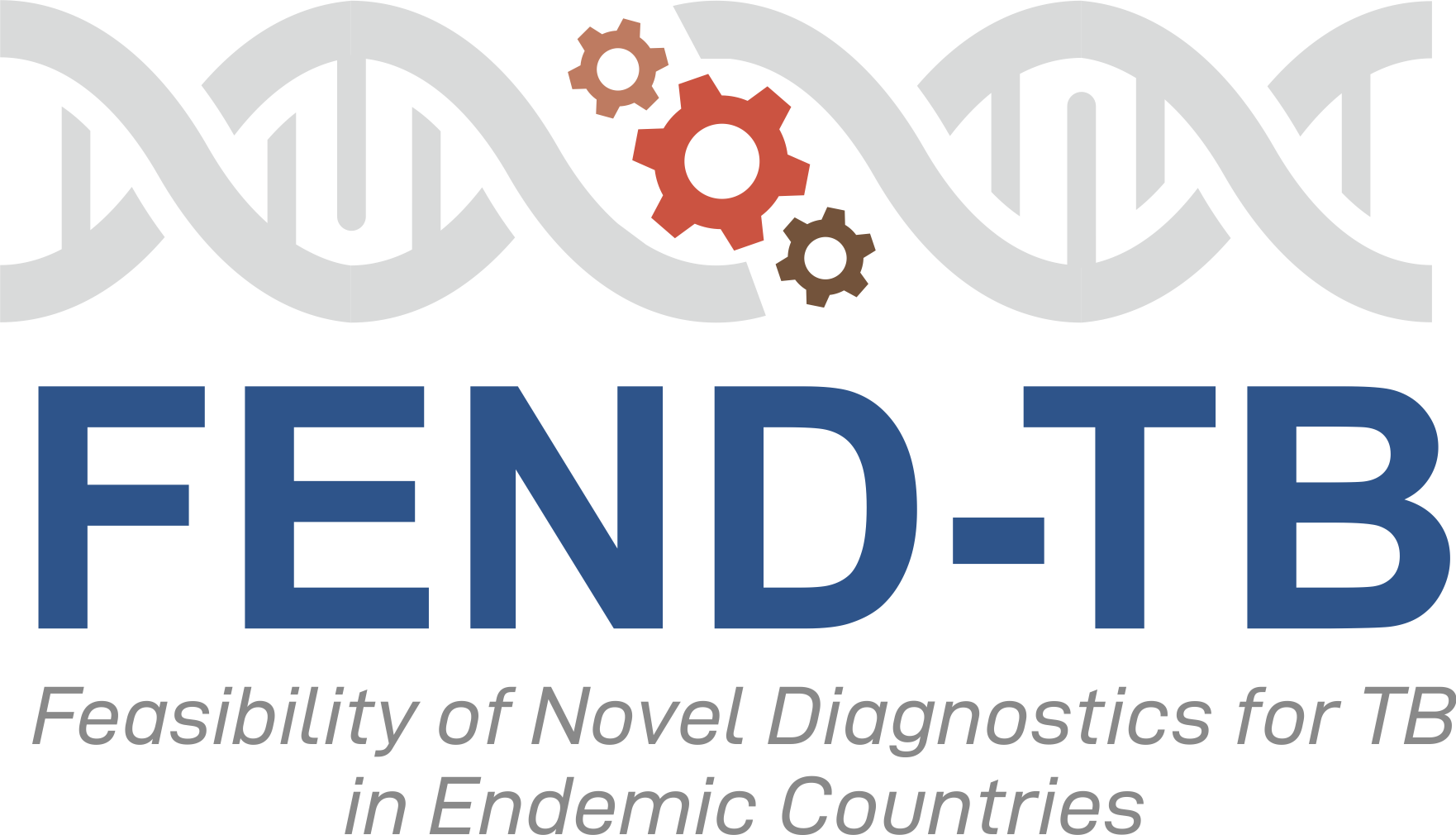South Africa
The University of Cape Town (UCT) is located in Cape Town, South Africa engaging with major research initiatives in tuberculosis at the Institute of Infectious Diseases and Molecular Medicine (IDM) at UCT. The Institute of Infectious Disease and Molecular Medicine was established in 2004 as a cross-faculty postgraduate research institute. It is physically and administratively located within the Faculty of Health Sciences. IDM is an international centre of excellence where world-class scientists work together to tackle diseases of major importance in Africa, conducting basic, clinical and public health research that is leading-edge and relevant to the needs of African people. IDM comprised of 35 Full and 13 Associate Members, with 16 Affiliate Members from departments across UCT, and 12 Adjunct Members from other institutions. Working within members’ laboratories and clinical research sites are approximately 400 scientific, technical and administrative staff, 70 postdoctoral fellows and 300 postgraduate students. The IDM conducts research at the laboratory-clinic-community interface by engaging a wide range of scientific and clinical disciplines. Collaborative research is an important focus for the IDM, with collaborators being based at 45 South African institutions, 34 African institutions in 18 African countries, and 336 institutions in 37 countries internationally. The IDM also has links to other institutions through 46 research consortia and 29 industrial partners.
Dr. Helen Cox is the Site PI for the FEND-TB consortium site at UCT and is a Wellcome Trust Intermediate Fellow in Public Health and Tropical Medicine specializing in drug-resistant tuberculosis, with expertise in TB diagnostics and treatment. Dr. Chad Centner is a microbiologist with dual appointments at the National Health Laboratory Service (NHLS) and the University of Cape Town, and FENDTB reference testing is performed in the NHLS laboratory under an existing collaborative arrangement. The Cape Town clinical team and PI have ongoing collaborative studies that recruit from Department of Health clinics in Khayelitsha and other locations. The Western Cape had approximately 45,000 TB cases notified in 2017 (incidence 681/100,000), including approximately 24,000 in Cape Town. Diagnostic studies by the UCT group have been conducted in the Khayelitsha sub-district, where 4088 new TB cases were diagnosed in 2017. Within the Khayelitsha sub-district there are 10 clinics; research infrastructure has been previously established in 3 of these clinics including infrastructure for clinic and community-based recruitment and follow-up. There is a long history of collaboration and support from the City of Cape Town and National TB Control Programs.
Adult Protocol
Drug Resistant Protocol
Helen Cox
Site Co-PI
Judi van Heerden
Study Coordinator
Nchimunya Hapeela
Study Coordinator
Wentzel Dowling
Medical Microbiology Consultant
Widaad Zemanay
Study Coordinator










